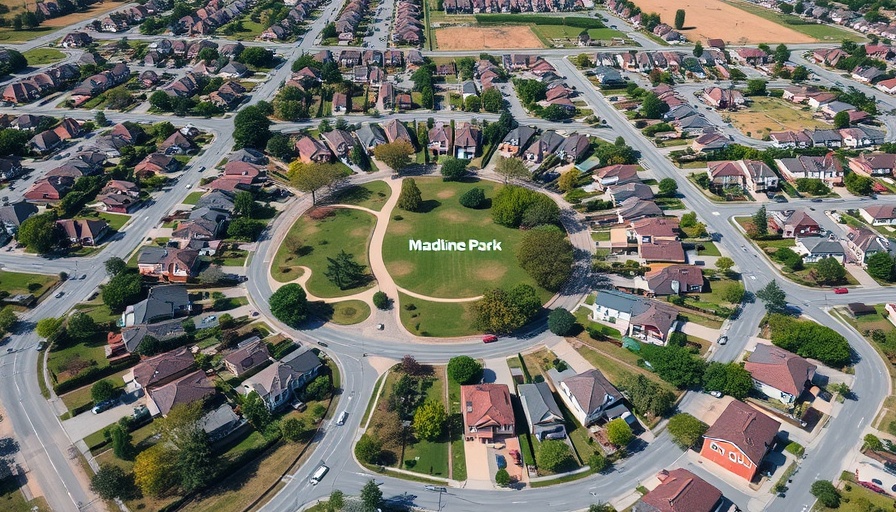
El Paso's Critical Zoning Reform: An Urgent Necessity
El Paso stands at a pivotal moment, grappling with a housing crisis that has left thousands without adequate shelter. With a shortage of 18,000 housing units and over 100,000 individuals on the Housing Authority waitlist, the importance of reforming our zoning regulations has never been clearer. Decisions regarding urban development today will shape the future landscape of our city for generations to come.
The Case for Eliminating Outdated Parking Mandates
One of the most significant proposed reforms is the elimination of minimum off-street parking requirements in urban areas close to Downtown. Currently, zoning laws mandate that every new construction project provide a set number of parking spaces, a requirement that stems from a time when land availability was not an issue. However, as cities evolve and space becomes more limited, forcing developers to adhere to outdated regulations inhibits economic growth and affordability.
By lifting these parking mandates, developers can respond to actual market demands rather than restrictive city regulations. Reduced parking requirements can lead to lower costs for building which, in turn, translates into more affordable rental rates for El Paso residents.
Accessory Dwelling Units: A Flexible Housing Solution
The second critical change involves the legalization of accessory dwelling units (ADUs), known colloquially in El Paso as casitas. These modest housing options provide significant benefits. Families can utilize ADUs for various purposes, such as accommodating aging parents or providing rental opportunities, all while preserving neighborhood charm. Historically, ADUs were commonplace in El Paso before zoning barriers stifled their construction.
Reintegrating these housing solutions aligns with the community's immediate needs and fosters a diverse housing market capable of adapting to post-pandemic realities, where work-from-home dynamics have changed location preferences.
Investing in Our City's Future
The implications of these zoning reforms extend beyond housing numbers; they reflect a vision for an El Paso that is inclusive and responsive to its residents' evolving needs. The City Council’s upcoming decisions could empower a more sustainable urban environment, combining modernity with tradition.
It’s vital for El Pasoans to engage with these proposed reforms, as they present an opportunity to reshape our city for the better. In making informed decisions about zoning practices, we can ensure that our community continues to thrive without sacrificing affordability. Less restrictive zoning allows the preservation of our neighborhoods while fostering necessary growth.
 Add Row
Add Row  Add
Add 




Write A Comment